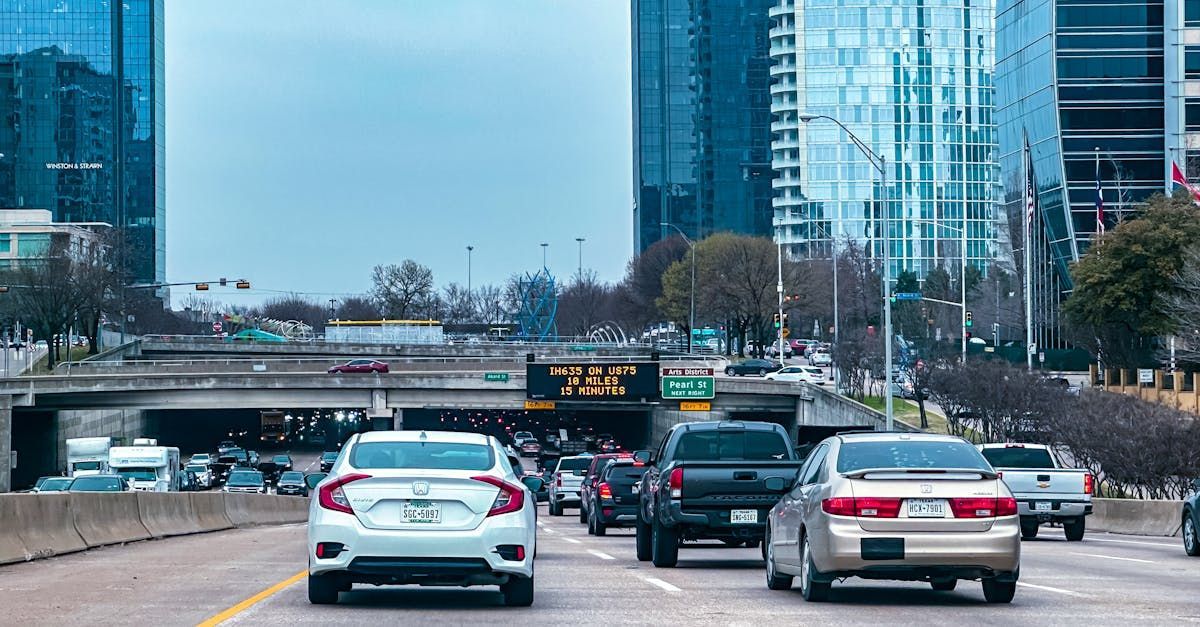Understanding Medicare in Texas: A Comprehensive Guide
As we age, healthcare becomes a crucial aspect of our lives. Medicare, a federal health insurance program, plays a vital role in providing healthcare coverage for people aged 65 and older, as well as for some younger individuals with disabilities. Understanding the different parts of Medicare, the costs associated, and the enrollment process can be overwhelming. This guide aims to demystify Medicare and provide a comprehensive overview of what Texas residents need to know.
Medicare Basics
Medicare is a national health insurance program in the United States, primarily for people aged 65 and older. It also covers some younger individuals with disabilities and those with End-Stage Renal Disease (ESRD). The program is divided into different parts, each covering specific services:
- Part A: Hospital Insurance
- Part B: Medical Insurance
- Part C: Medicare Advantage
- Part D: Prescription Drug Coverage
Medicare Parts Explained
Part A: Hospital Insurance
Part A covers inpatient hospital stays, care in a skilled nursing facility, hospice care, and some home health care. Most people don’t pay a premium for Part A because they paid Medicare taxes while working.
Part B: Medical Insurance
Part B covers certain doctors' services, outpatient care, medical supplies, and preventive services. Part B has a monthly premium, which is based on your income.
Part C: Medicare Advantage
Medicare Advantage (Part C) is an alternative to Original Medicare (Parts A and B) offered by private companies approved by Medicare. These plans often include additional benefits, such as dental, vision, and hearing coverage, and usually include Part D (prescription drug) coverage as well.
Part D: Prescription Drug Coverage
Part D adds prescription drug coverage to Original Medicare, some Medicare Cost Plans, some Medicare Private-Fee-for-Service Plans, and Medicare Medical Savings Account Plans. These plans are offered by insurance companies and other private companies approved by Medicare.
Medicare Supplement Plans
Medicare Supplement Insurance (Medigap) helps cover some of the healthcare costs that Original Medicare doesn’t cover, such as copayments, coinsurance, and deductibles. Medigap policies are sold by private companies and can help pay some of the remaining healthcare costs. In Texas, there are various Medigap plans available, each offering different levels of coverage.
Enrollment Process
Enrolling in Medicare can seem daunting, but understanding the timelines and requirements can make the process smoother. Initial Enrollment Period (IEP) begins three months before you turn 65, includes the month you turn 65, and ends three months after you turn 65. If you miss your IEP, you may face late enrollment penalties.
There are also Special Enrollment Periods (SEPs) for certain life events, such as losing other health coverage or moving. It’s crucial to enroll on time to avoid any gaps in coverage or late penalties.
Cost of Medicare in Texas
The cost of Medicare can vary based on several factors, including income and the specific plans you choose. Here’s a general breakdown:
- Part A: Most people don’t pay a premium for Part A. However, there are deductibles and coinsurance.
- Part B: The standard premium for Part B is $148.50 in 2021 (may vary each year), but it could be higher based on your income. Part B also has a deductible and coinsurance.
- Part C and Part D: Premiums for these plans vary by provider and plan specifics. Part D plans also have a deductible, and you may pay a portion of the cost of your prescriptions.
How Amy Frith Insurance Agency Can Help
At Amy Frith Insurance Agency, we understand that navigating Medicare can be challenging. Our team of dedicated professionals is here to help you every step of the way. We offer personalized Medicare planning services to ensure you get the coverage that best fits your needs. Whether you need help understanding the different parts of Medicare, finding the right Medigap policy, or enrolling in a Medicare Advantage or Part D plan, we’re here to provide expert guidance.
Case Studies and Testimonials
We’ve helped many clients in Longview and surrounding areas find the perfect Medicare solutions. Here are a few testimonials:
- John D. from Longview: "Amy Frith Insurance Agency made understanding Medicare simple and stress-free. They helped me find a plan that covers everything I need without breaking the bank."
- Susan K. from Hallsville: "The team at Amy Frith Insurance Agency is knowledgeable and caring. They took the time to explain my options and helped me choose the right plan for my health needs."
Navigating Medicare doesn’t have to be overwhelming. With the right information and support, you can find the coverage that provides peace of mind and fits your healthcare needs. At Amy Frith Insurance Agency, we’re committed to helping you through every step of the Medicare process. Contact us today to learn more about how we can help you make the best decisions for your health and future.



